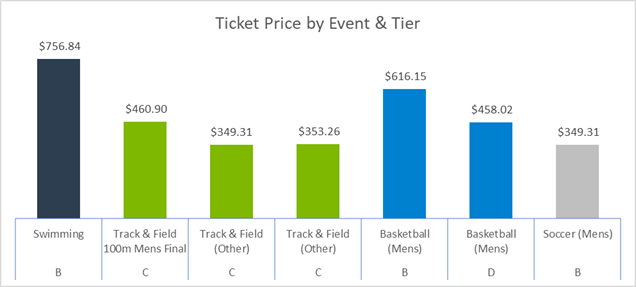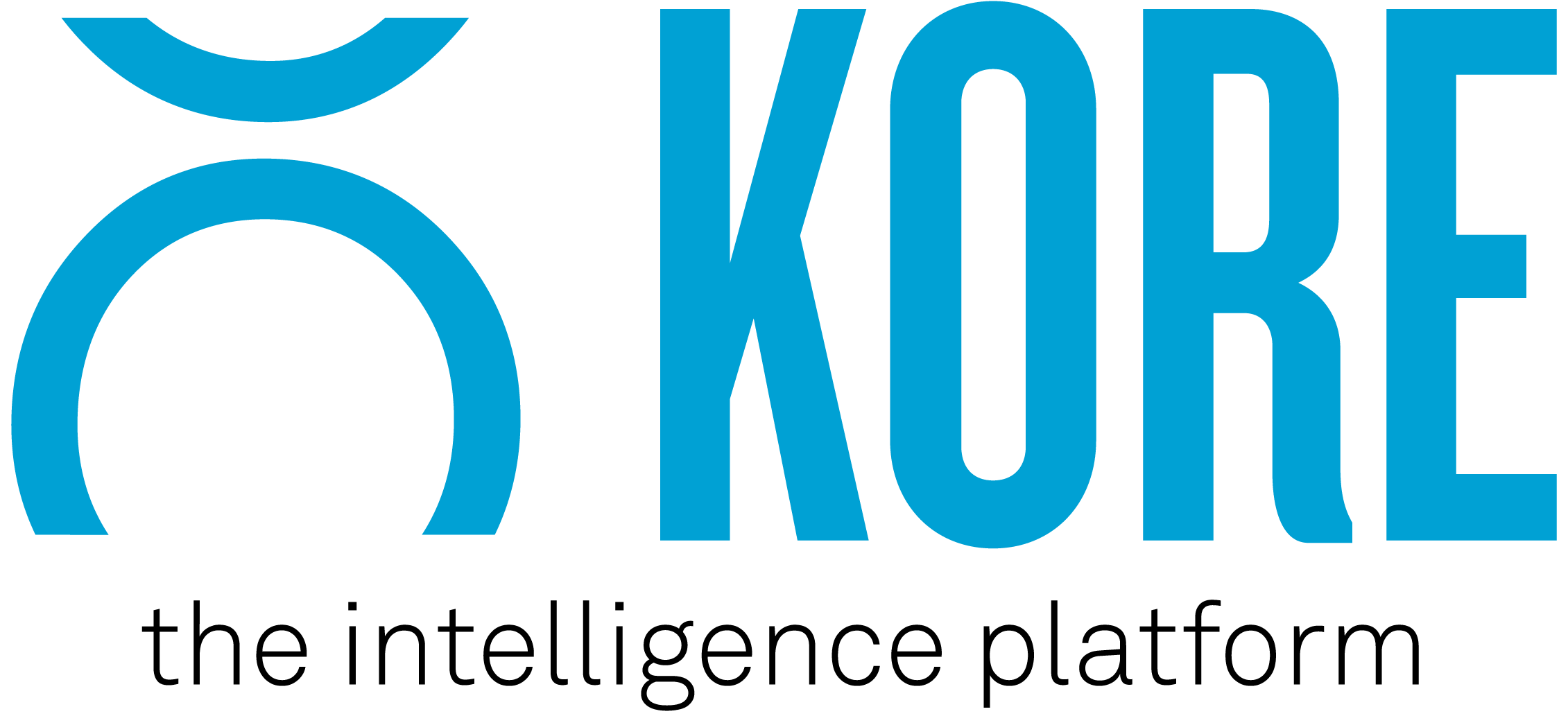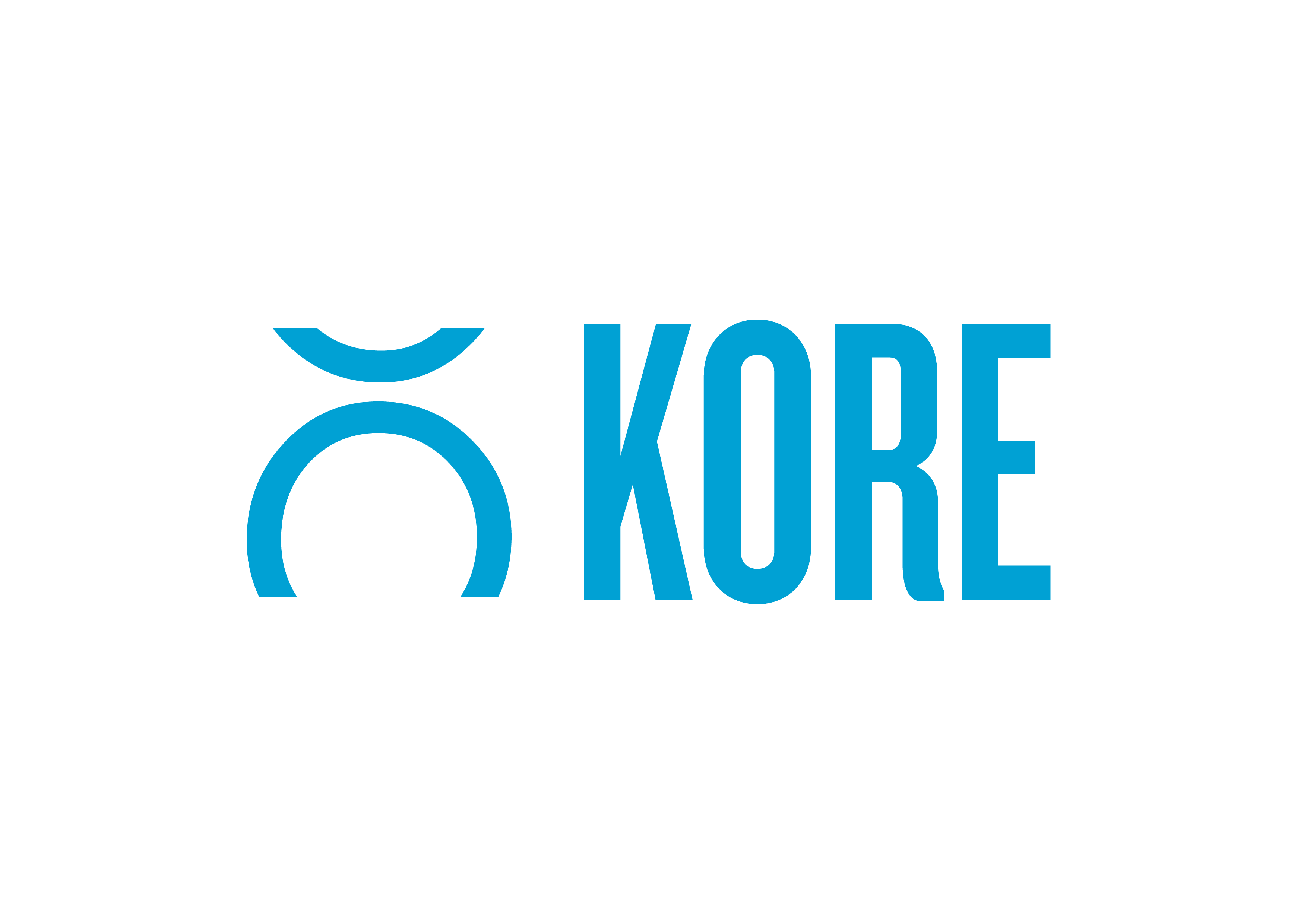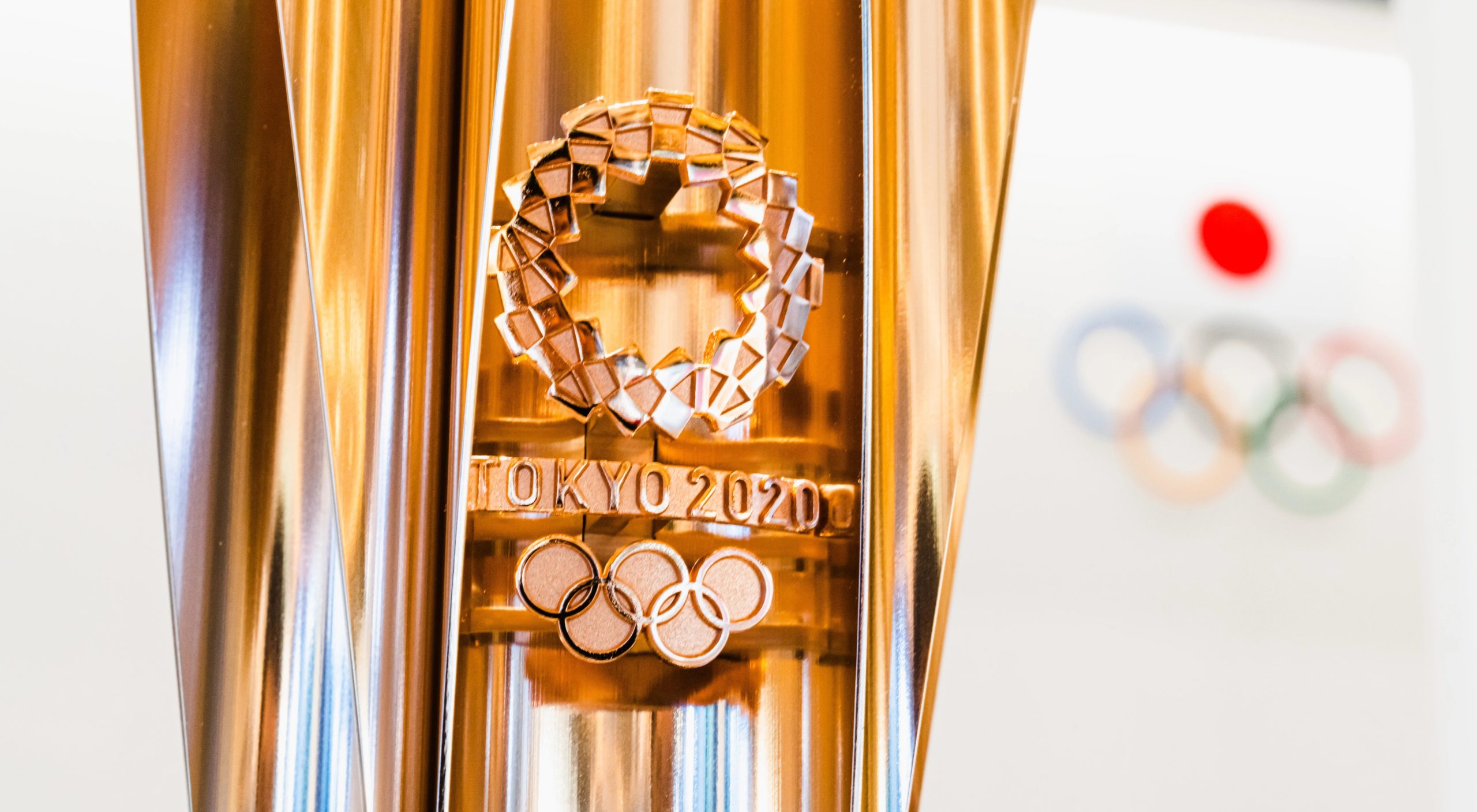This summer’s Tokyo 2020 Olympic Games will surely be historic. Since the inception of the Modern Olympics in 1896, the Games have been cancelled only three times, all due to war: once during World War I and twice during World War II. Although a last-minute cancellation still can’t be ruled out, much of the world is excited to witness the competitions on television and online.
The pandemic’s challenges have impacted not just the athletes, but the city of Tokyo and all the Games’ organizers as well. With an estimated cost of over $26 billion USD (70% of which is public funding), there are enormous sunk costs they desperately hope to recoup a portion of. It was far too late to back out when the pandemic began in late 2019, so organizers were left with little choice but to delay the games and make the best they can of terrible circumstances.
When the Tokyo 2020 Organizing Committees for the Olympics Games (OCOG) announced that no fans would be present in the arenas due to COVID-19, we asked ourselves three questions:
- How much ticket revenue is being lost?
- What will the broadcasts look like?
- How will sponsors react and adapt?
Lost revenue
In 2019, the OCOG expected to sell over 9 million tickets for a total of about $800 million. Prices ranged widely from highs of 300,000 yen ($2,680) for the most expensive Opening Ceremonies ticket all the way down to 2,500 yen ($22) for the cheapest ticket to some of the events. Experts estimate the OCOG will miss out on about $800 million solely in ticketing revenue. Tak Matsumoto, Customer Success Manager at KORE Software, got a firsthand view of this—back in 2019, he explored ticketing options for some of the more marquee matchups:

* Tickets were ranked from A to D (A being the best seats and D being the worst)
**Track & Field 100m Men’s Final was significantly higher than the other two Track & Field events explored
World Atlas notes that the three most-watched Summer Olympic events are Gymnastics, Track & Field, and Swimming. Those events are naturally among the biggest revenue drivers for ticket sales. With half of all Tokyo 2020 tickets priced at 8,000 yen ($70) or less, it’s evident that the most popular events make up a tremendous portion of net sales.
Broadcast
Without live spectators, it’s impossible to overstate how crucial broadcast and streaming services will be—these will be the only ways fans can experience the games. Given the unusual circumstances, NBCUniversal plans to air an unprecedented 7,000 hours of Olympic content across two broadcast networks, six cable networks, and several digital networks. For the first time ever, NBC and Twitch are partnering to produce and deliver live content via the NBC Olympics Twitch channel.
When it comes to linear programming, sports are often the most desirable live events to air. In 2011, NBC paid $4.38 billion for the U.S. broadcasting rights for the following four Olympics, and then they extended the deal in 2014 to include another six Olympics for an additional $7.7 billion. Although TV viewership has steadily declined over the past few years, live sporting events still attract plenty of eyeballs. According to Statista, the 2018 Winter Games attracted 1.9 billion viewers and the far more popular Summer Games were watched by 3.6 billion in 2016.
Sponsors
Broadcast partners receive hundreds of different sponsorship assets in a single deal. These may include LED banners around the stadium, commercial spots (on radio, TV, or streams), social media branding, tickets, hospitality, signage, and official rights (including use of the rights holders’ IP). While some of these can’t be delivered while venues are closed to spectators, others will have even more value if TV and online viewership rise as expected. With NBC leveraging new outlets, the doors are open for new and creative sponsorship assets.
At KORE, we’ve seen a wide variety of broadcast deals. Although the headlines focus on the North American Big 5 broadcasting deals—such as the NFL’s recent agreement with CBS, ESPN/ABC, Fox, NBC, and Amazon for 10+ years—the average broadcasting deal in North American sports is between four and five years in length. With the Olympic Games normally held every other year (Summer & Winter working in tandem) and reaching a wider audience, national and international sponsors alike are incentivized to engage in lengthier deals.
Sponsors may face difficult decisions this year, however. Take Toyota for example—Japan’s top automaker. Toyota signed on as an Olympic sponsor in 2017, extending through the 2024 games, emphasizing the importance of deal longevity. In Japan, the decision to push forward with the Games during the current state of emergency is very controversial. Toyota announced on Monday that they are pulling their television ads from Japanese broadcasts of the Tokyo 2020 Games. Their ads will continue to run on a per-country basis, but they had also big plans to showcase their latest vehicles during the games by transporting athletes and VIPs—a very direct activation that they’ve been forced to drastically scale down.
Making sports history
The Tokyo 2020 Games will be historic no matter the outcomes of each event, but that won’t stop us from hoping to witness greatness. Athletes push themselves to incredible heights to earn a moment of well-deserved glory, but there’s a “team behind the team” which also deserves our appreciation. As we embark upon these most unique Summer Games, take a moment to think of all those working behind the scenes making them possible. We wish the best of luck and health to the world’s greatest athletes and all those working alongside them in these most challenging conditions. Controversy aside, we are grateful to all the individuals making the best of the situation and trying to bring a message of positivity and unity to our world. Thank you.
Broadcasters will be in the spotlight this year even more so than usual. Sports fans are very particular about who is calling their game, the ease of reading the score on the screen, and other factors that encompass the fan experience. But when all is said and done, the most iconic moments in sports are immortalized by the broadcasters. “Do you believe in miracles?” “Down goes Frazier!” “The band is out on the field!” All these moments we cherish are stamped into history alongside the call on the field. In a year marked by so much pain and loss around the globe, perhaps we’ll get lucky and add a new, positive moment to the list.
We hope this provides a look into what goes into broadcasting live events. We’d also love to help answer any questions you might have about how these deals are constructed. Learn more about our KPI services on our website and request a free consultation.

KORE is the global leader in engagement marketing solutions, serving more than 200 professional teams and 850+ sports and entertainment properties worldwide, providing practical tools and services to harness customer data, facilitate sponsorship sales and activation, and create actionable insights.




